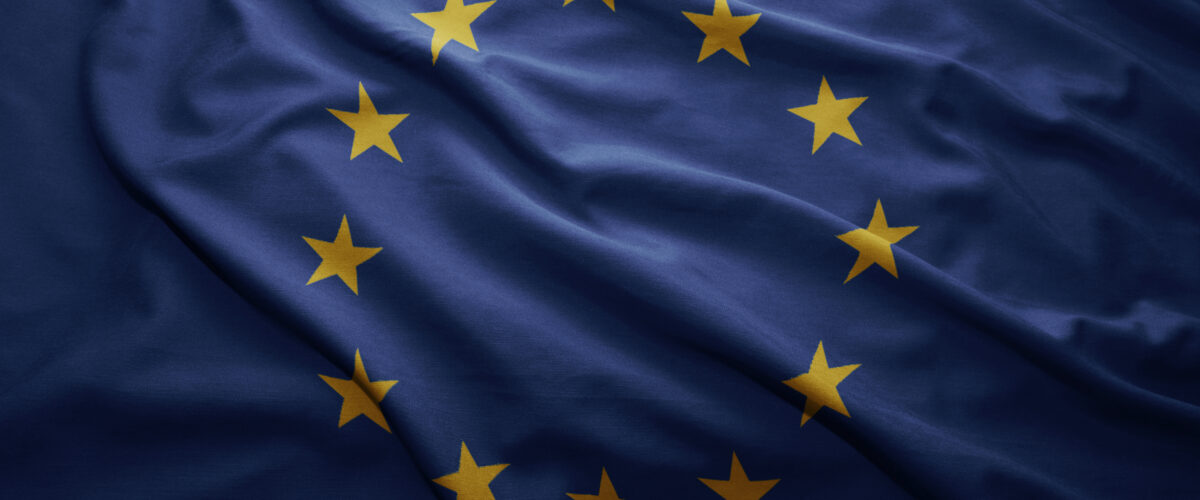article | 30 Apr 2024
European Parliament adopts new directive on Corporate Sustainability Due Diligence – Three takeaways

On 23 February 2022, the European Commission presented a proposal for a Corporate Sustainability Due Diligence Directive (“CSDDD”). On 24 April 2024, the new directive was adopted by the European Parliament and is now to be formally approved by the European Council. Subsequently, the EU member states must implement the directive into national legislation by the end of 2026. Below, we describe why it is important to be aware of and prepare for this development.
The ambition of the directive
The CSDDD aims to strengthen the protection of human rights and the environment. The directive establishes an obligation for concerned companies to demonstrate due diligence in their operations and value chains in order to counteract negative impacts on human rights and the environment.
Furthermore, the CSDDD is a complement to the Corporate Sustainability Reporting Directive (“CSRD”). The new directive sets out rules and obligations for companies regarding actual and potential negative impacts on human rights and environmental effects. The focus here is on the companies’ own operations, their subsidiaries’ operations, and the operations of their upstream and downstream partners. Companies that fail to comply with the directive’s rules may be sanctioned.
The scope of the directive
The CSDDD covers three groups of companies within the EU that need to comply with the new requirements. For each group, a specific date applies from when the rules will take effect:
- Companies with more than 5,000 employees and a global turnover of more than EUR 1,500 million will have to comply with the requirements by 2027 at the latest.
- Companies with more than 3,000 employees and a global turnover of more than EUR 900 million will have to comply with the requirements by 2028 at the latest.
- Companies with more than 1,000 employees and a global turnover of more than EUR 450 million, as well as all other companies affected by the directive, will have to comply with the requirements by 2029 at the latest.
The thresholds of the directive were raised after lengthy discussions in the European Council, thereby limiting the scope of the CSDDD to larger companies. However, the directive will also apply to non-EU companies whose turnover in the EU reaches the thresholds. Small and medium-sized enterprises (SMEs) and other companies are not directly affected by the CSDDD, but may be indirectly affected if they are part of the value chain of companies falling within the scope of the directive.
The requirements of the directive
For the concerned companies, the CSDDD establishes an obligation to demonstrate due diligence. This is to be shown by requiring the concerned companies to establish a specific policy regarding due diligence and:
- Integrate due diligence into all their policies.
- Identify actual or potential negative consequences for human rights and the environment arising from their own operations or from subsidiaries throughout the value chain.
- Take relevant measures to prevent and mitigate the potential adverse impacts on human rights or the environment identified and act to bring the actual impacts to an end.
- Establish and maintain a complaint procedure to allow individuals and organisations to submit complaints to the company regarding actual or potential negative impact on human rights or the environment.
- Monitor the effectiveness of due diligence policies and measures.
- Disclose information about due diligence.
In other words, companies must ensure that they can identify and interrupt risks concerning the environment and human rights in their own operations, in their subsidiaries’ operations, and in the operations through and with established partners. Companies must also adopt transition plans to make their business model compatible with the global warming limit of 1.5 °C set by the Paris Agreement.
Companies that do not comply with the CSDDD may be sanctioned significant fines. The maximum limit for fines is determined by each member state but will amount to at least five percent of a company’s global net turnover for the previous fiscal year. Companies that fail in their due diligence will also be liable for the damages caused and may have to pay compensation to those harmed.
Setterwalls’ comments
Overall, the CSDDD contains far-reaching requirements for the board and management of the concerned companies to ensure that the company operates for good sustainability and in line with human rights. The final adopted directive is a toned-down version compared to the original proposal. Nevertheless, it is estimated that the scope of the directive will cover approximately 500 Swedish companies and 5,400 companies in the EU. Indirectly, however, many more companies will be affected as part of the value chain to the concerned companies.
At present, we advise companies that will be affected by the directive to:
- Make a plan for the CSDDD’s entry into force and introduction into Swedish legislation.
- Place great focus on evaluating their entire value chain – upstream as well as downstream – to ensure that CSDDD requirements are met by all involved companies, i.e., even by companies not directly covered by the new directive.
- Set requirements for their partners and suppliers who currently do not meet the directive’s requirements, considering that these companies will also need to demonstrate regulatory compliance to remain competitive in the market going forward.
Within two years, Sweden is expected to have implemented the directive into national legislation. Setterwalls will continue to monitor the development and for further information or if you have any questions, you are welcome to contact us.
Contact:
Practice areas:
Compliance & Investigations, Corporate law, EU & Competition law


